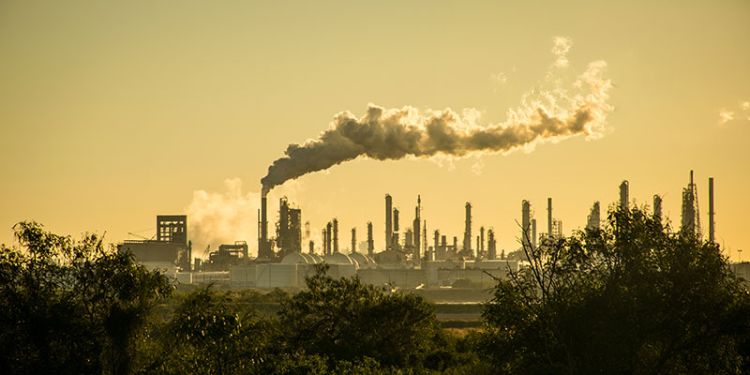CERIC webinar: Climate, class, and civilizational crises in the Holocene

- Date: Monday 28 September 2020, 17:00 – 19:00
- Location: Online
- Type: Seminars and lectures, Online
- Cost: Free
In this webinar, Prof Jason W. Moore from Binghampton University, USA explores entangled relations between climate history, class societies, and civilizational crises in the Holocene.
Please register here to attend.
Abstract
In the lecture, the environmental historian Jason W. Moore explores the entangled relations between climate history, class societies, and civilizational crises in the Holocene. Giving special focus to the Little Ice Age origins of capitalism, Moore shows how the durable structures of imperial power, world class formation, and profit-obsessed frontier-making formed through a new civilizational project that altered planetary life, beginning in the sixteenth century. Drawing attention to successive climate shifts and their connections with social unrest and political instability, this longer view reveals capitalism's ecologies of power, re/production and profit as climate-dependent. The unraveling of capitalism's ecologies in the era of climate crisis points not towards the "end of the world," but rather towards a new era of political possibility at the end of the Capitalocene's business- and politics-as-usual.
Presenter
Jason W. Moore is an environmental historian and historical geographer at Binghamton University, where he teaches world history and world-ecology. He is author or editor, most recently, of Capitalism in the Web of Life (Verso, 2015), Capitalocene o Antropocene? (Ombre Corte, 2017), Anthropocene or Capitalocene? Nature, History, and the Crisis of Capitalism (PM Press, 2016), and, with Raj Patel, A History of the World in Seven Cheap Things (University of California Press, 2017). His books and essays on environmental history, capitalism, and social theory have been widely recognized, including the Alice Hamilton Prize of the American Society for Environmental History (2003), the Distinguished Scholarship Award of the Section on the Political Economy of the World-System (American Sociological Association, 2002 for articles, and 2015 for Web of Life), and the Byres and Bernstein Prize in Agrarian Change (2011). He coordinates the World-Ecology Research Network. He can be reached at: jwmoore@binghamton.edu.
Currently we are all very concerned and stressed due to the Covid crisis. Putting the current crisis into a longer-term perspective, we might ask ourselves whether a political-economic and cultural system which struggles to deal with the Covid crisis will have the capacity to deal with the environmental crisis adequately. If your answer to this question is as pessimistic as ours, you might be interested in joining the LESS group — a new cross-divisional group at LUBS to explore system-level sustainability research, open to all researchers regardless of disciplinary background or prior experience in sustainability research. We are inspired by a growing number of studies, which argue that the environmental crisis requires radical change of the political-economic and cultural structure within which organizations and individuals operate. The mission of the LESS group is to advance interdisciplinary efforts to develop system-level research that addresses the environmental emergency.

